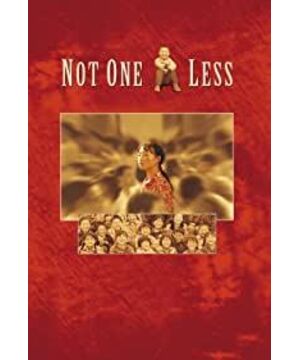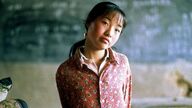There are schools with teachers, students and classrooms, involving rural education, but there are also teachers and students wandering, hardships and persistence in the city, so it cannot be said that this is an educational film. Students, teachers, village chiefs, villages, county towns, dilapidated classrooms, bumpy dirt roads, each and every picture awakened the real feeling in the heart of a post-60s rural person like me. The people and things in their hometown have been thrown into the long river of time by the maddened GDP of the devil, but the life feelings related to them are vividly preserved in people's hearts. What the film evokes is the feeling of real life.
Now people talk about medical education, complain about stock market prices, get used to repeated topics, and succumb to a life of not knowing whether it is happiness or misery. What is too late to ask is, where did the train of life come from and where is it going? When Zhang Yimou brightened up the dusty memory of life, and the feeling of life in the past became vivid again, I was suddenly surprised: My heart used to live in the past, is the current me really me?
If it is an educational film, it is not a film about intellectual education, but a film about how to teach children in remote villages how to make movies, a film that teaches adults to think about where life should start.
View more about Not One Less reviews








